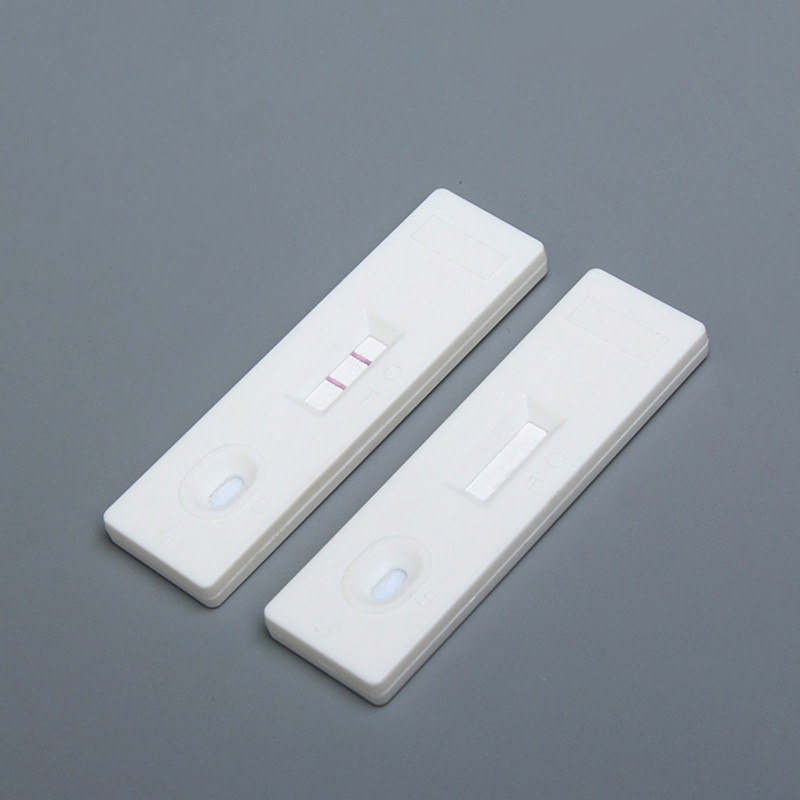Déc . 12, 2024 16:03 Back to list
Comprehensive Diagnostics for Syphilis Detection and Laboratory Testing Methods
Understanding Lab Tests for Syphilis A Comprehensive Overview
Syphilis is a sexually transmitted infection (STI) caused by the bacterium Treponema pallidum. It is a significant public health concern due to its potential long-term complications and its ability to facilitate the transmission of HIV. Timely diagnosis and treatment of syphilis are crucial, and this begins with lab testing. In this article, we will explore the various lab tests for syphilis, their importance, and the implications of the results.
The Importance of Testing
Syphilis has often been termed the “great imitator” because its symptoms can mimic those of many other diseases. Early symptoms may include sores, rashes, and flu-like symptoms that can easily be mistaken for other conditions. Because many individuals infected with syphilis are asymptomatic, regular testing is crucial, especially for those at higher risk, such as individuals with multiple sexual partners or those who engage in unprotected sex.
Types of Syphilis Tests
There are two main categories of lab tests for syphilis non-treponemal tests and treponemal tests
.1. Non-Treponemal Tests These tests detect the presence of non-specific antibodies that are produced in response to cellular damage caused by the syphilis infection. The most commonly used non-treponemal tests are the Rapid Plasma Reagin (RPR) test and the Venereal Disease Research Laboratory (VDRL) test. These tests are typically used for screening purposes. A positive result can indicate the presence of syphilis but may also be caused by other conditions, such as pregnancy, autoimmune disorders, or other infections.
2. Treponemal Tests Once a non-treponemal test yields a positive result, treponemal tests are employed to confirm the diagnosis. These tests detect antibodies that are specifically directed against the Treponema pallidum bacterium. Common treponemal tests include the FTA-ABS (Fluorescent Treponemal Antibody Absorption) test and the MHA-TP (Microhemagglutination Assay for Treponema pallidum). A positive treponemal test indicates that a person has been infected with syphilis at some point, but it does not differentiate between active and past infections.
Testing Procedure
lab test for syphilis

The testing process is relatively straightforward. A health care provider typically obtains a blood sample from the patient. In some cases, tests may also be run on fluid from syphilis sores (if present) or spinal fluid (in cases of suspected neurosyphilis). The samples are then sent to a laboratory for analysis.
Interpreting Results
Interpreting syphilis test results can be complex. A positive non-treponemal test followed by a positive treponemal test typically confirms a syphilis infection. Conversely, a positive non-treponemal test alongside a negative treponemal test may suggest a false positive result or a very early stage of infection. In cases where syphilis is diagnosed, additional tests may be required to determine the stage of the infection primary, secondary, latent, or tertiary syphilis.
The non-treponemal tests are also useful for monitoring treatment effectiveness, as the antibody levels in the blood should decrease following successful treatment. If there is no decline in titers, this may indicate treatment failure or reinfection.
Treatment and Follow-up
Syphilis is treatable, typically with antibiotics such as penicillin. The specific treatment regimen depends on the stage of the disease. Follow-up testing is vital to ensure that the treatment has been effective and to monitor for any potential reinfection.
Conclusion
Lab tests for syphilis are a critical component of sexual health care. They not only facilitate early diagnosis and treatment but also play a vital role in reducing the spread of this STI. Regular screening, particularly for high-risk populations, can lead to better health outcomes and a decrease in syphilis-related complications. It is essential for individuals to communicate openly with their healthcare providers about their sexual health and to seek testing as needed. With effective testing and treatment, syphilis can be controlled and its impact on public health minimized.
-
Highly Accurate hCG Pregnancy Test Strips - 5 Min Results
NewsAug.02,2025
-
Premium Empty ABS Plastic Cassettes: Durable & Lightweight Storage
NewsAug.01,2025
-
Accurate Cocaine (Coc) Rapid Test Kit | Fast & Reliable Detection
NewsJul.31,2025
-
Accurate HCG Pregnancy Test Strips | Fast Home Use Kit
NewsJul.31,2025
-
Reliable Early Pregnancy Test Kit Supplier - Multi Plastic Cassette Options
NewsJul.30,2025
-
Transferrin Rapid Test Cassette – Reliable Tumor Marker Detection
NewsJul.29,2025

